Meet our recent Fulbright winners and finalists!
Trace Kleinecke
International Business and German major - English Teaching Assistantship winner to Germany
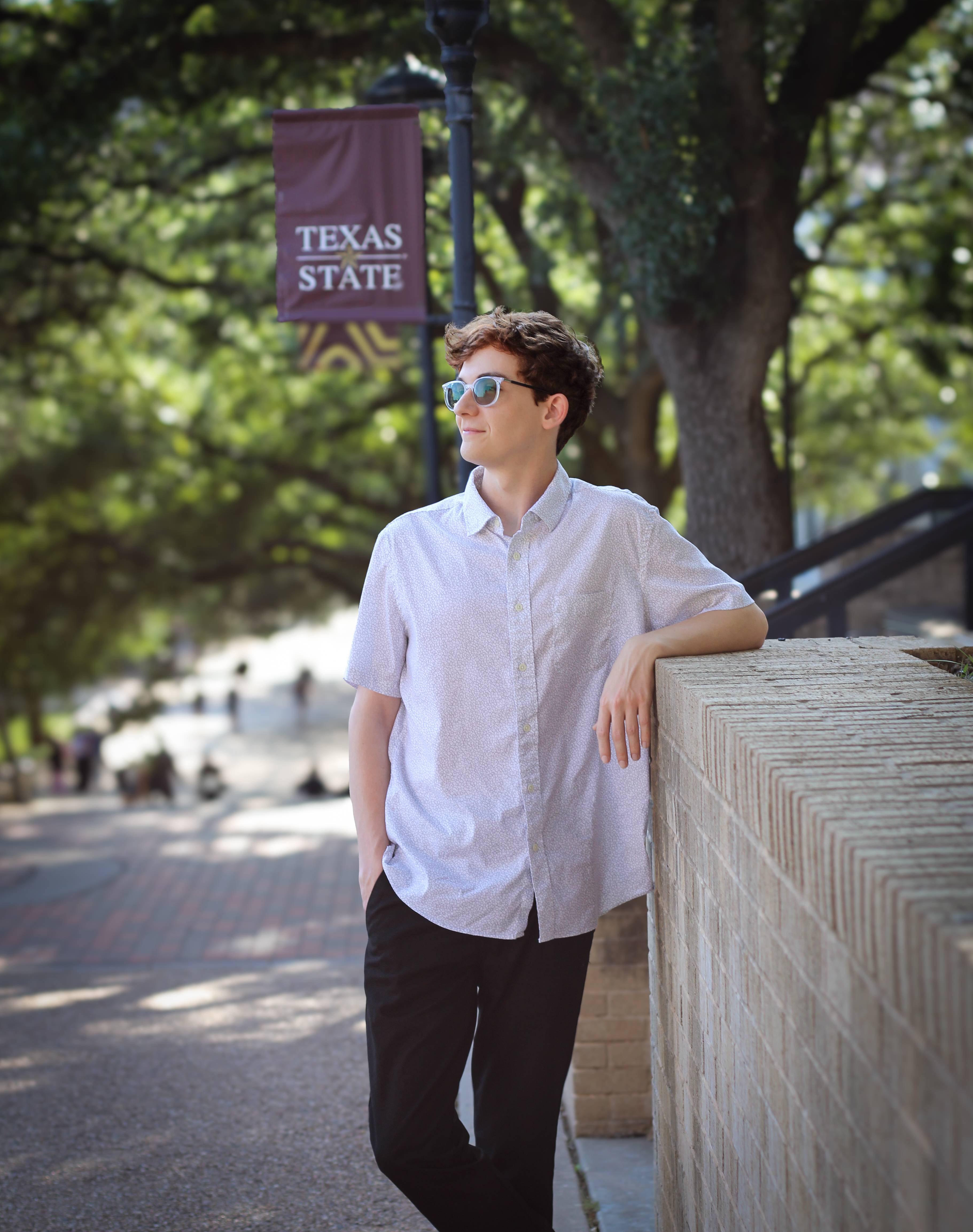
What made you want to apply for the Fulbright U.S. Student Program? To Germany specifically?
What are your hopes/plans for after you complete your degree?
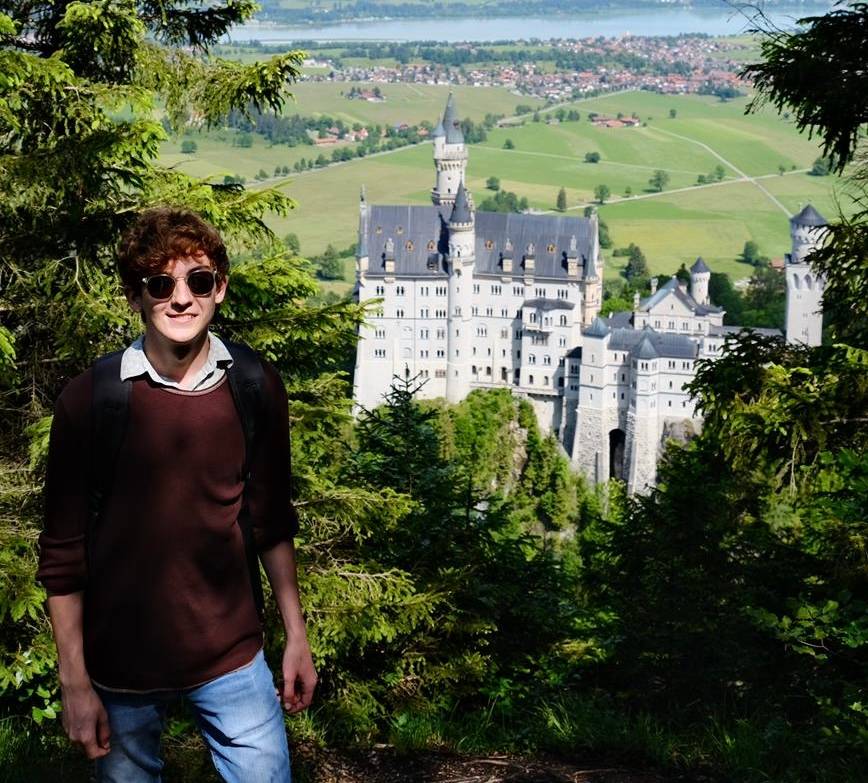
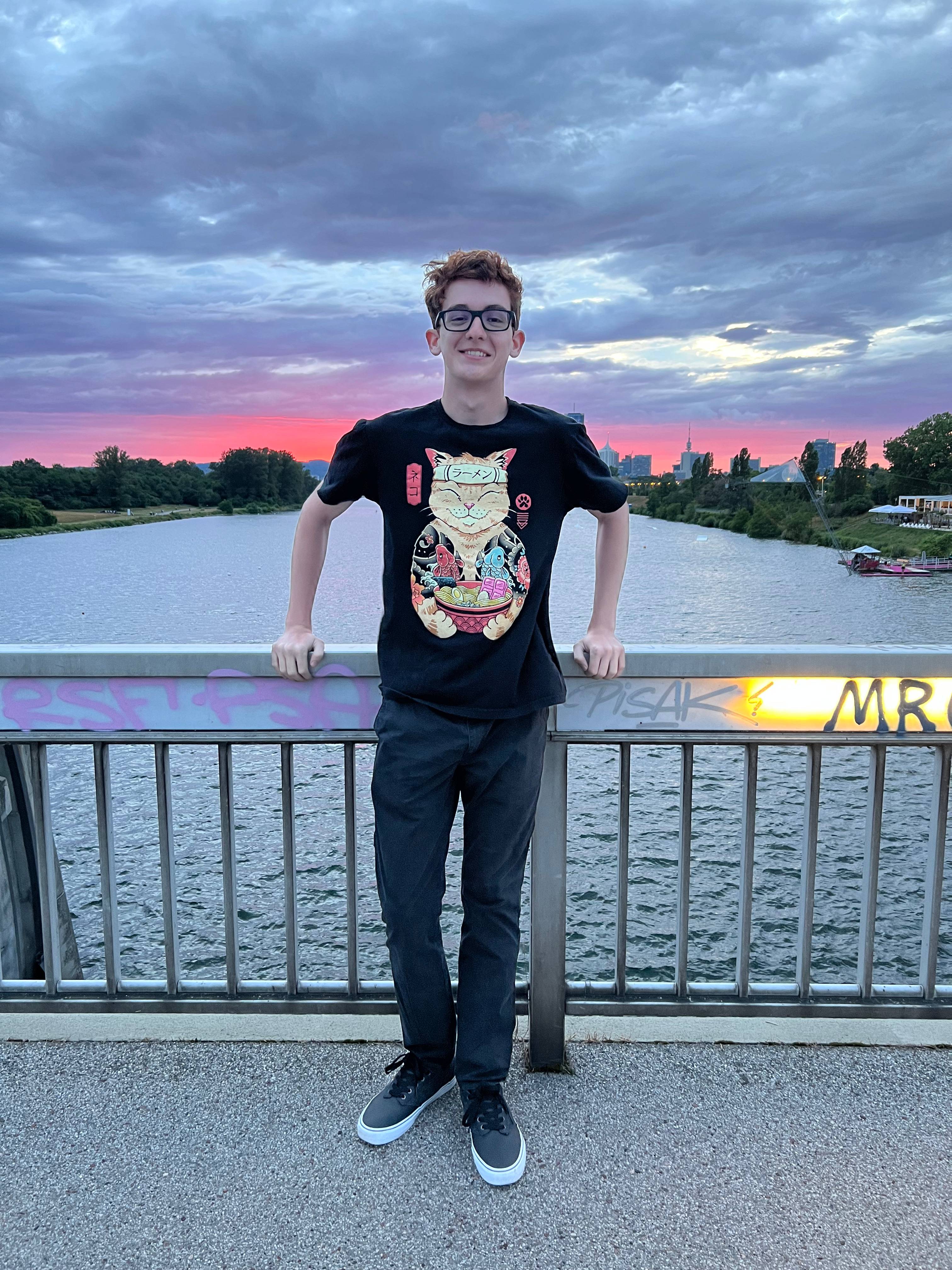
Lois Bronaugh
International Studies, MA - Fulbright Research Fellowship Finalist
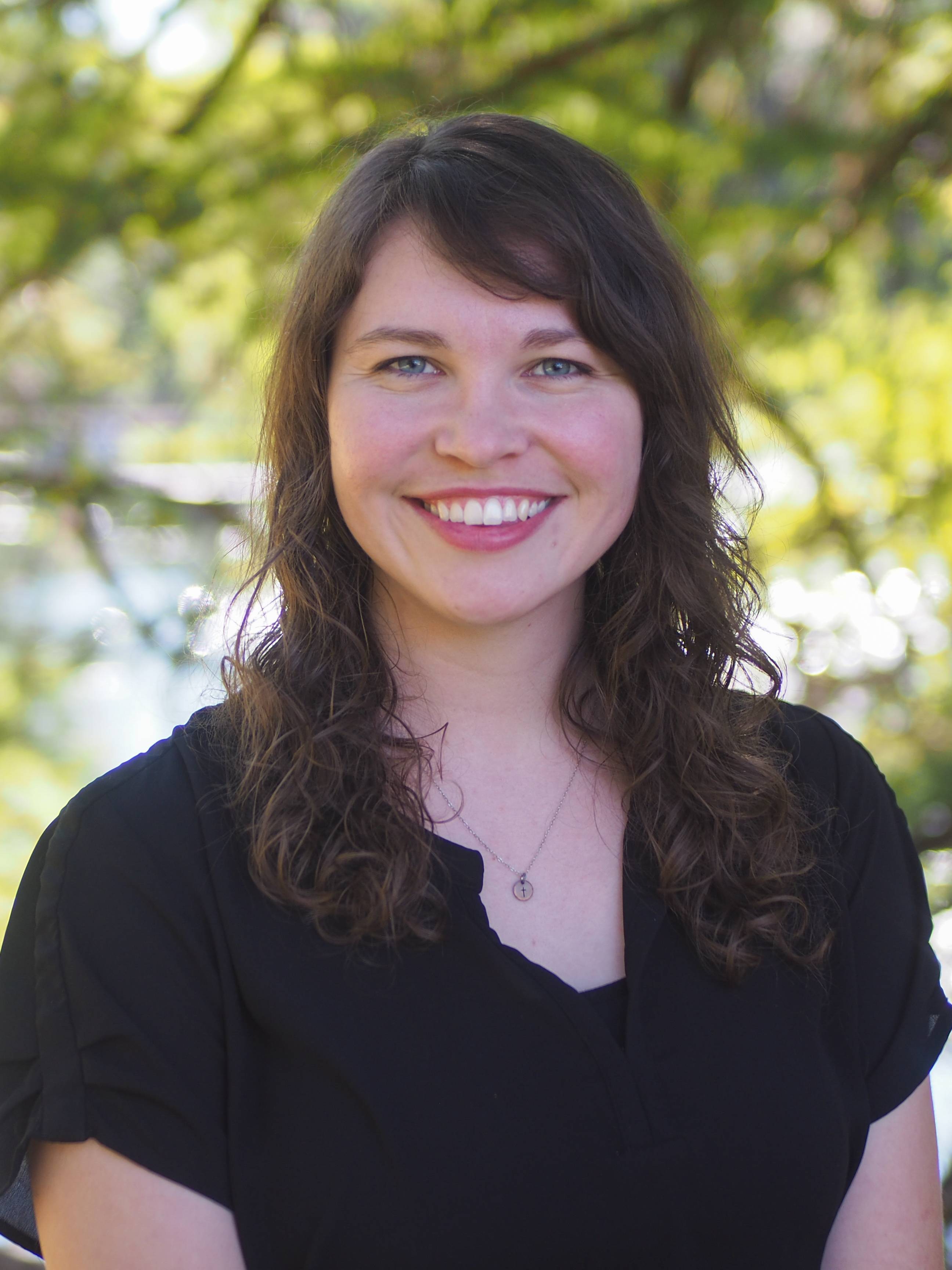
What made you want to apply for the Fulbright U.S. Student Program? To Germany specifically?
Fun fact: I actually went through the Fulbright ETA application process in 2019/2020, and even though I didn’t end up going to Germany, it was a valuable experience that prepared me for applying this year. The point being—don’t be afraid to take chances and to try again, even when you think the ship has sailed. You never know what will happen.
What research would you like to do in Germany?
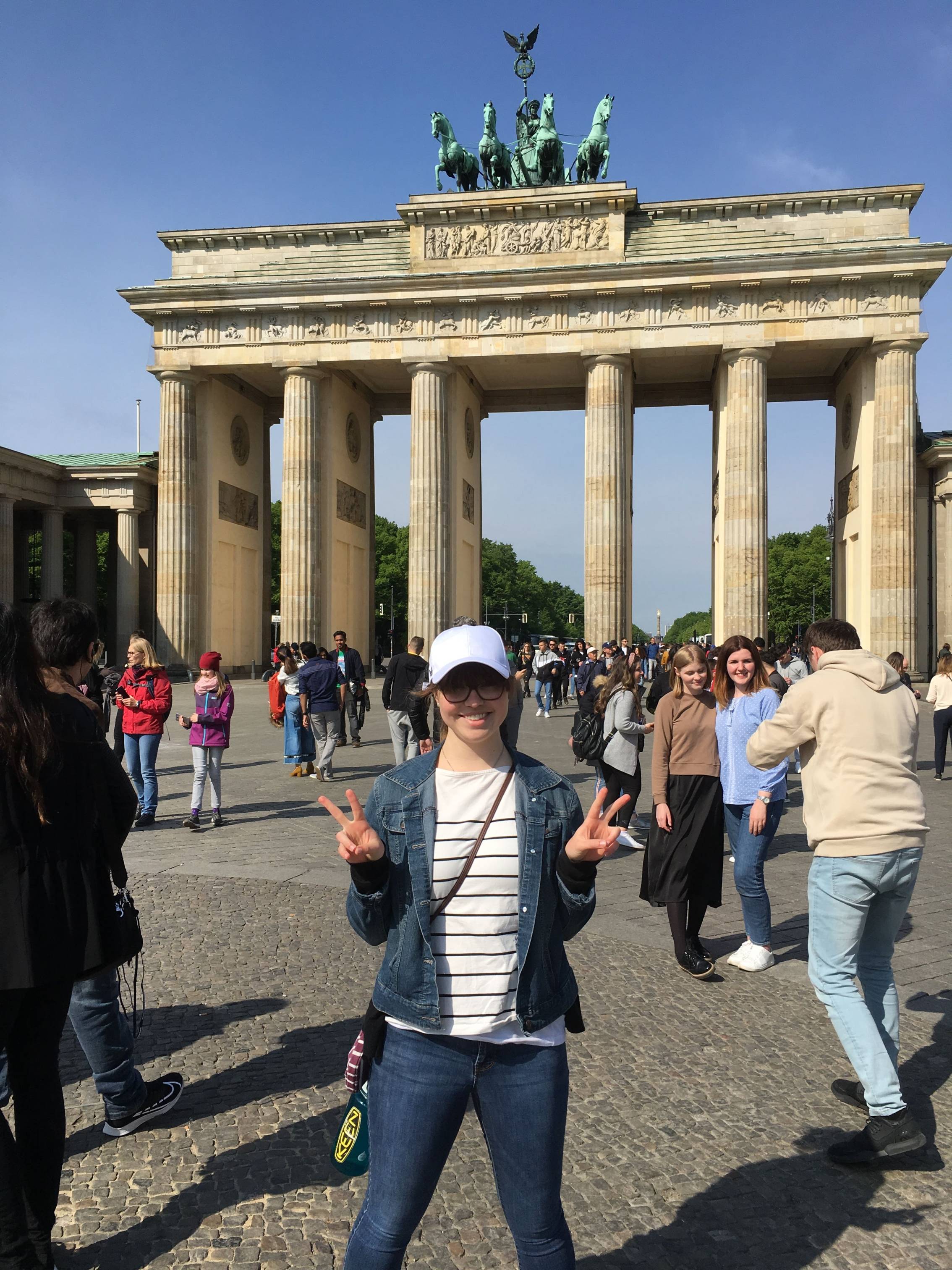
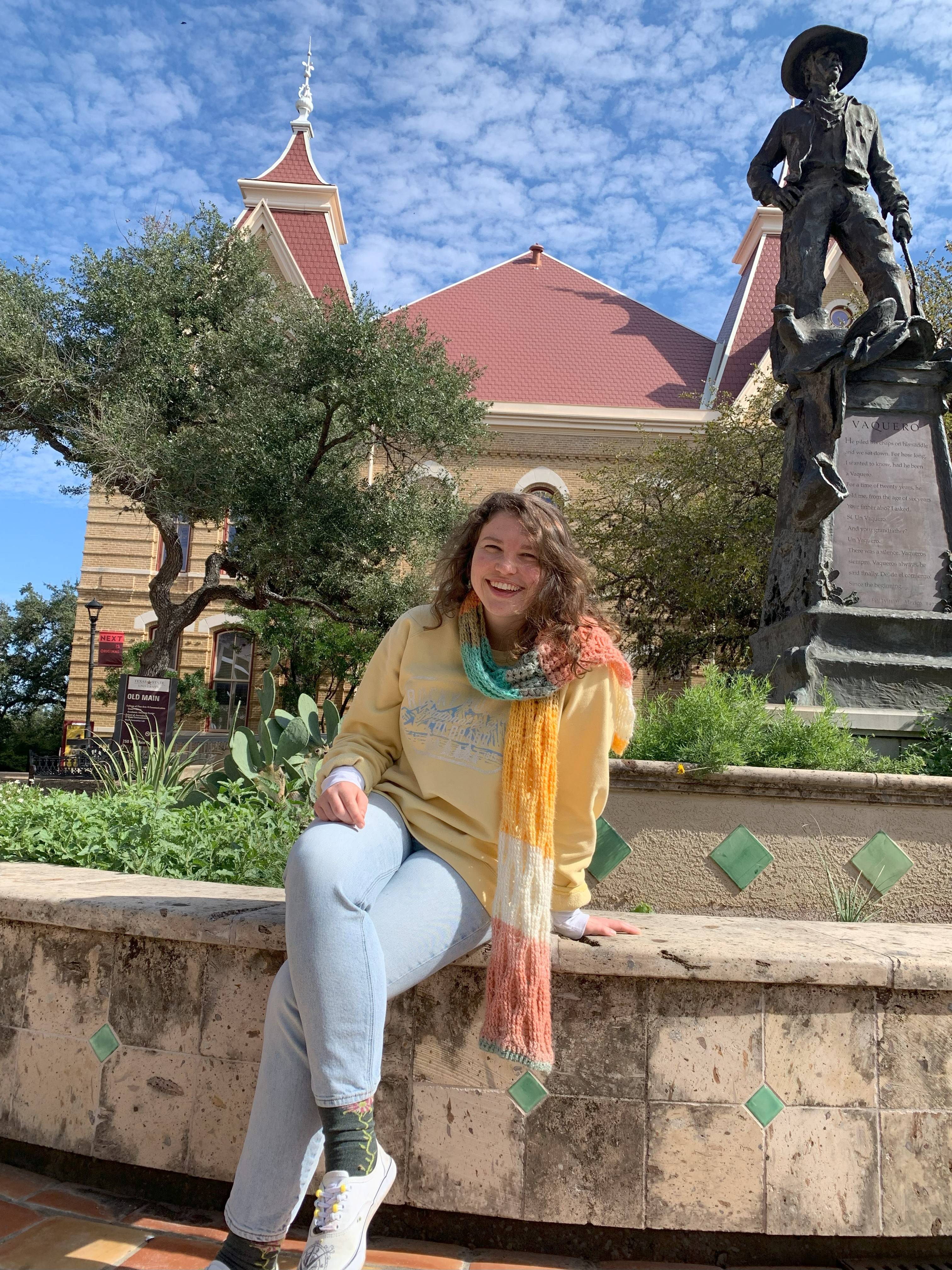
What are your hopes/plans for after you complete your degree?
Interested in Applying for Fulbright?
In partnership with more than 140 countries worldwide, the Fulbright Program offers outstanding graduating seniors, graduate students, and young professionals in all academic disciplines opportunities to pursue graduate study, conduct research, or teach English abroad.
During their grants, Fulbrighters meet, work, live with and learn from the people of the host country. The program facilitates cultural exchange through direct interaction on an individual basis in the classroom, field, home, and in routine tasks, allowing the grantee to gain an appreciation of others’ viewpoints and beliefs, the way they do things, and the way they think.
Eligibility
- Applicants must be citizens or nationals of the United States at the time of the application deadline.
- Applicants must have a conferred bachelor's degree or equivalent before the start of the grant period.
- Applicants must meet the language requirements of the award to which they are applying and demonstrate sufficient competency to complete their project and adjust to life in the host country.
- Preference will be given to applicants whose higher education was undertaken primarily at educational institutions in the U.S. Undergraduate study abroad experiences, either in the chosen host country or elsewhere, will not be considered a disadvantage.
- Candidates who have not resided or studied in the country to which they are applying for more than six months, not counting undergraduate study abroad, are preferred. Duty abroad in the U.S. Armed Forces is not considered disqualifying within the meaning of this section.
- Candidates who have served in the U.S. Armed Forces will be given preference, provided their qualifications are approximately equivalent to those of other candidates.
Application Procedure
The Fulbright U.S. Student Program is highly competitive and the application requires a significant amount of preparation.
To be eligible for advising services for the application, all undergraduates and undergraduate alumni must attend a presentation and declare their intention to apply by contacting Dr. Lisa Haegele (haegele@txstate.edu), Fulbright Program Adviser for undergraduate students and alumni, by May 1. Please email Dr. Haegele for details about the presentation dates/times.
Applicants who do not attend a presentation and declare their interest by May 1 may not receive advising support for their applications.
The campus deadline for applications is usually the second week of September. The campus deadline is earlier than the Fulbright national deadline. Applicants must submit their entire applications—including language evaluations and recommendations—by the campus deadline. Campus interviews take place the week after the deadline.
All graduates and graduate alumni must contact a Fulbright Program Adviser in the Graduate College (gcexternalfunds@txst.edu) by May 1.
For more information about the Fulbright U.S. Student Program, please visit: https://us.fulbrightonline.org.
